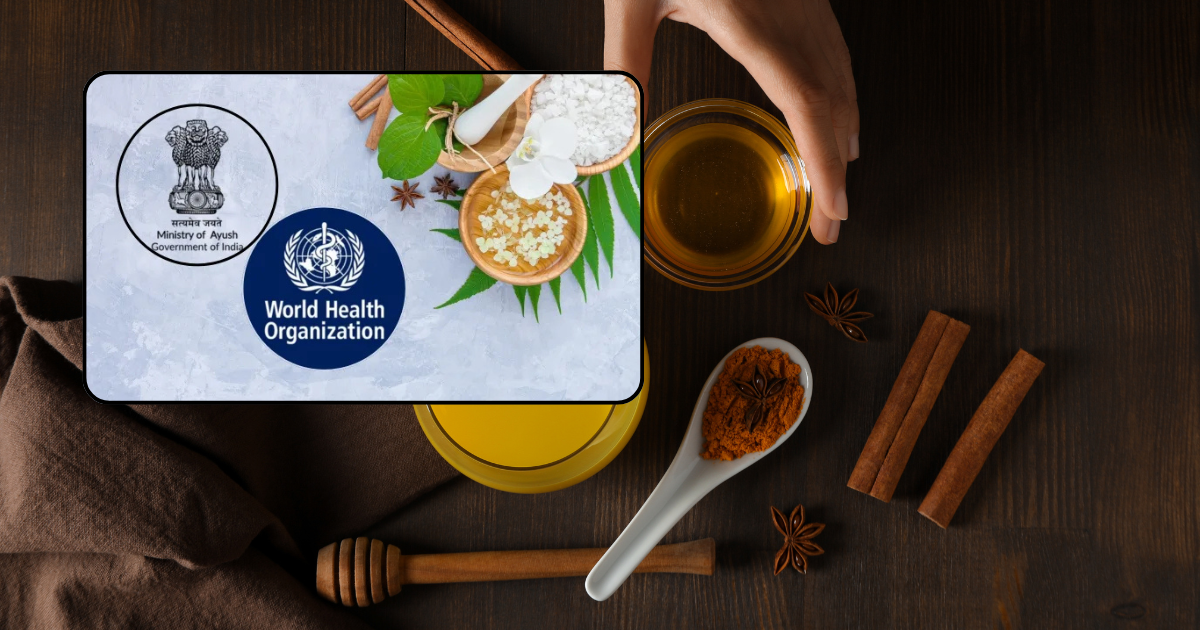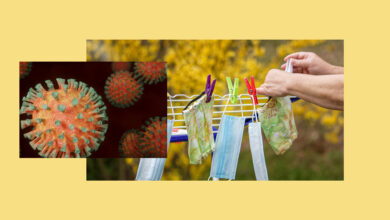Ayush Goes Global: India’s Historic WHO Pact Paves Way for Global Standardization of Traditional Medicine
WHO Centre in India: A Hub for Global Wellness

In a transformative leap for traditional medicine, India has signed a historic agreement with the World Health Organization (WHO) to standardize AYUSH systems—Ayurveda, Yoga, Unani, Siddha, and Homeopathy—on a global platform. The agreement aims to place these ancient healing traditions on equal footing with modern medicine through international classification and scientific validation.
The Big Step: A Global Classification System for AYUSH
The cornerstone of this collaboration is the development of a dedicated Traditional Medicine Module within WHO’s International Classification of Health Interventions (ICHI). This global coding system enables consistent documentation of health interventions across countries. For AYUSH, this means official recognition, standardized terminology, and potential integration into mainstream healthcare worldwide.
“This is not just a recognition of our past, but a roadmap to the future of global wellness,” said Dr. Munjpara Mahendrabhai, India’s Minister of State for Ayush and Women & Child Development.
What This Means for the World
With this initiative, India and WHO aim to achieve:
-
Scientific Credibility: Therapies will be classified using globally accepted medical coding, lending scientific backing and consistency.
-
Global Access: AYUSH treatments can now be integrated into insurance systems, hospital records, and public health programs across countries.
-
Policy-Level Inclusion: Governments can now frame health policies that include AYUSH therapies with international guidelines.
-
Transparency and Affordability: Billing and pricing for AYUSH treatments can be streamlined under standard protocols, increasing trust and accessibility.
This effort is expected to bridge the gap between modern healthcare systems and traditional knowledge, giving patients a wider, more holistic range of healing options.
WHO Centre in India: A Hub for Global Wellness
India’s commitment to traditional medicine is further highlighted by its support for the WHO Global Centre for Traditional Medicine (GCTM), located in Jamnagar, Gujarat. India has pledged a substantial $85 million over 10 years (2022–2032) to strengthen research, digital tools, and policy support for global traditional medicine.
The GCTM is already working on key verticals:
-
Research and evidence-building
-
Digital health platforms
-
Policy framework development
-
Indigenous knowledge and biodiversity preservation
India: From Heritage to Global Healthcare Leader
India’s traditional systems are no longer limited to home remedies or retreat centers. With over 755,000 AYUSH practitioners, 3,800+ AYUSH hospitals, and international collaborations in over 100 countries, India is positioning itself as the world’s holistic health capital.
WHO’s global recognition, backed by India’s scientific infrastructure and digital platforms like HealInIndia.gov.in, is rapidly transforming AYUSH into a globally accepted, scientifically validated, and economically viable healthcare system.
The Road Ahead
As the AYUSH module is rolled out within WHO’s classification system, traditional Indian medicine is expected to see greater integration into health systems from Europe to Africa to Southeast Asia. It’s a defining moment where the wisdom of the past meets the precision of the present, shaping the future of wellness.
“India’s traditional systems offer not just treatment, but transformation. With WHO’s support, we’re now ready to heal the world,” concluded a senior official from the Ministry of Ayush.
For further updates on India’s AYUSH initiatives and global wellness diplomacy, visit www.ayush.gov.in or www.healinindia.gov.in.

